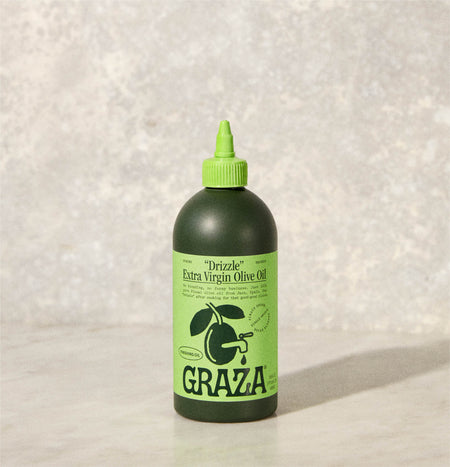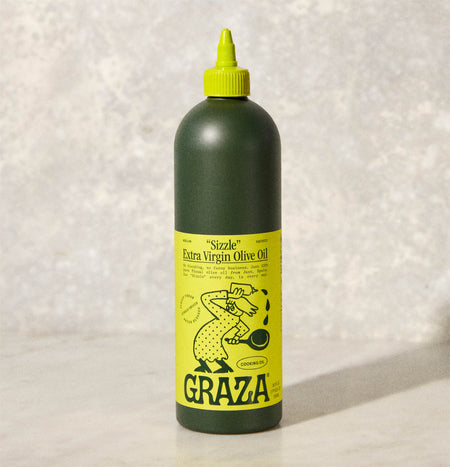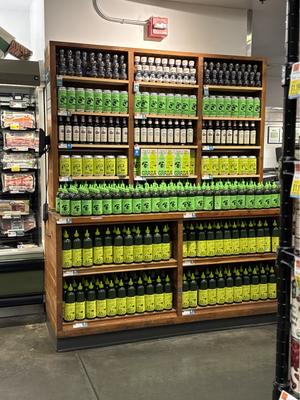
Olive Oil vs Coconut Oil: Your Questions Answered
When it comes to cooking oils, olive oil and coconut oil are two of the most popular choices on the shelves. Each brings unique flavors, health benefits, and versatility to the table –– let's explore what sets them apart so you can utilize them both in the best way!
The Breakdown: What Are They Made Of?
Olive oil comes straight from the olive tree. This liquid gold (especially extra virgin olive oil, or EVOO) is cold-pressed and minimally processed. It's famous for its heart-healthy monounsaturated fats and antioxidant-packed polyphenols.
Coconut oil is extracted from the meat of coconuts. Coconut oil is rich in saturated fats –– specifically medium-chain triglycerides (MCTs), which supposedly burn fat faster. There are two main varieties: unrefined (virgin coconut oil) and refined.
Which One Is Healthier?
Heart Health:
Olive oil takes the crown with its ability to lower bad cholesterol (LDL) and improve good cholesterol (HDL), thanks to those monounsaturated fats.
Coconut oil's saturated fats might boost HDL cholesterol, but they also raise LDL, making it a bit of a wild card for heart health.
Nutrient Boosts
EVOO is packed with antioxidants, anti-inflammatory compounds, and vitamin E.
Coconut oil has lauric acid, which may have antimicrobial properties.
How Do They Perform in the Kitchen?
Flavor:
Olive oil brings a fruity, peppery depth to dressings, sautés, roasts, and baked goods. Coconut oil has a more tropical flavor that is excellent for curries and baking.
Smoke Points
Olive oil (EVOO) has a smoke point around 420F. Ideal for everyday cooking and kitchen use. Virgin coconut oil has a smoke point around 350F and refined coconut oil has a higher smoke point around 400F.
The Final Word: Olive Oil vs Coconut Oil
Both oils have their strengths. Olive oil is a heart-healthy multitasker with a rich, complex flavor, making it a staple in any kitchen. Coconut oil with its creamy texture and tropical taste, is perfect for baking, beauty hacks, or adding a hint of sweet to recipes.
If you're looking for long-term health benefits and versatility, olive oil takes the lead. But there's not harm in keeping a jar of coconut oil handy for when the occasion calls for it. Keep both in your kitchen, and you’ll always have the perfect oil for the job!
FAQs
Can I use olive oil for baking?
Yes! Olive oil adds moisture and a subtle flavor to cakes and bread.
Is coconut oil healthier than butter?
It's lower in cholesterol, but its saturated fat content means it should still be used in moderation.
Can I mix olive oil and coconut oil?
Absolutely! Mixing them can balance flavor and texture in your recipes.
















